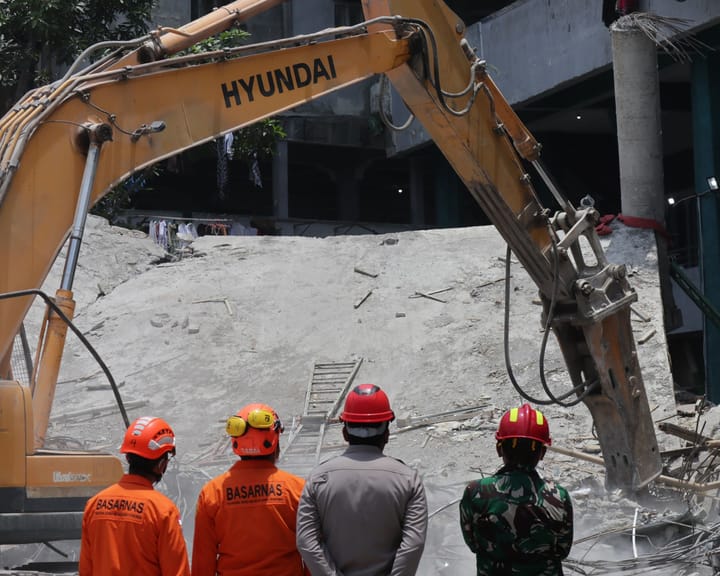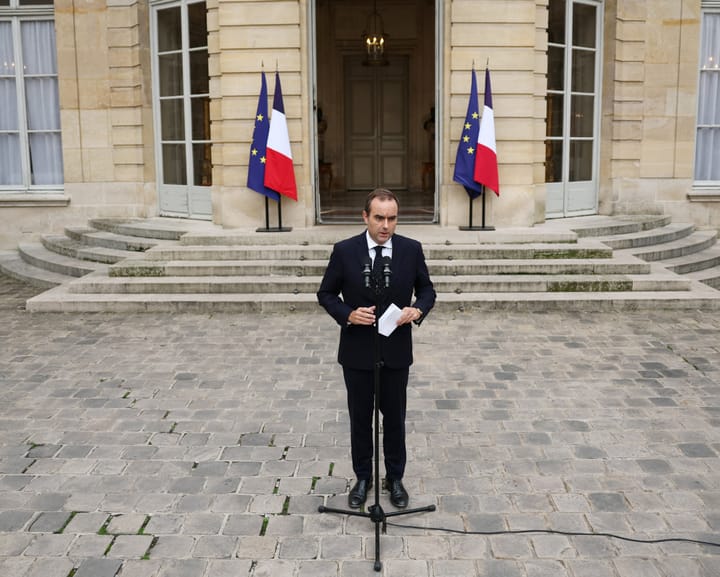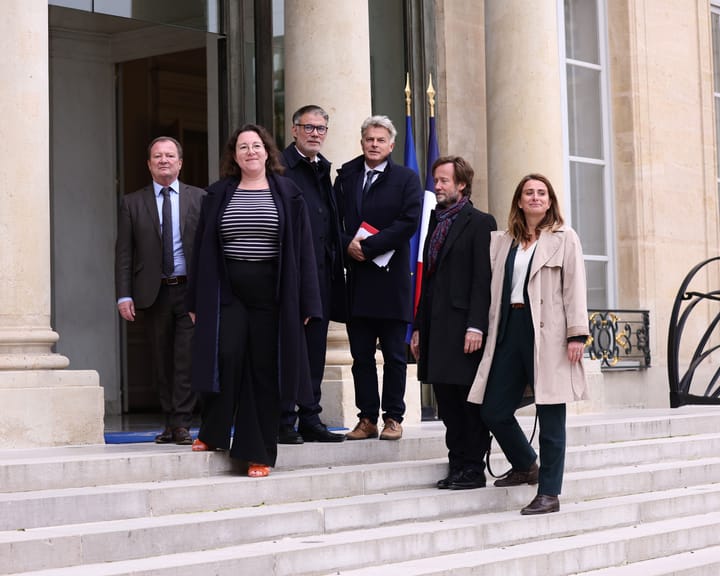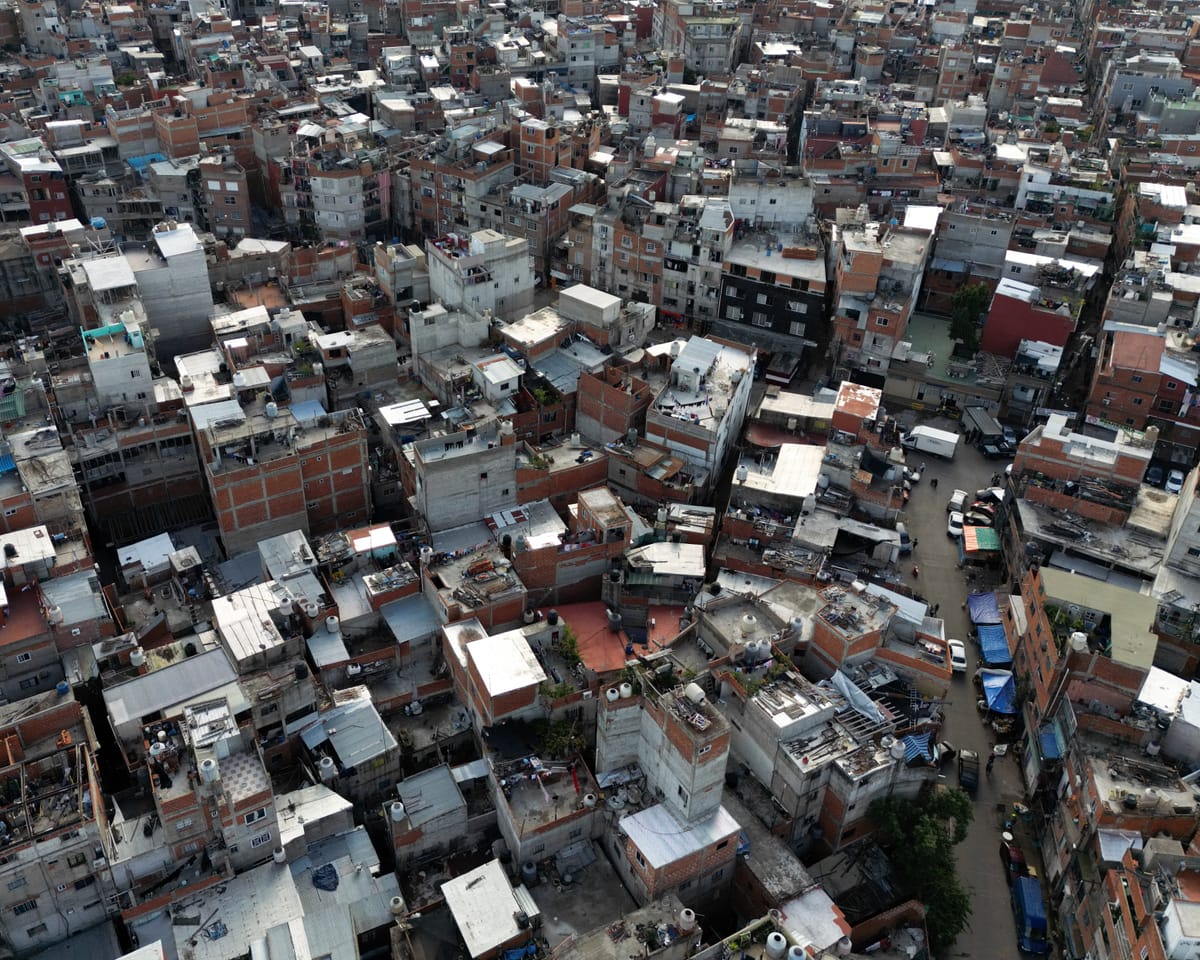The killing of Brenda del Castillo, 20, Morena Verdi, 20, and Lara Gutiérrez, 15, has deeply unsettled Argentina, a nation unaccustomed to such extreme drug-related violence.
The three young women disappeared after being deceived into traveling to a house on the outskirts of Buenos Aires with the false promise of payment in exchange for attending a private gathering.
Authorities report that they were then held captive, subjected to torture, and their ordeal was broadcast to a restricted online audience before they were killed and buried near the property.
Investigators suggest the traffickers orchestrated the killings as retribution after one of the women reportedly took drugs from a member of the group, believed to be a key figure in a local criminal network operating in Villa 1-11-14.
“This was an act of intimidation—a warning to anyone who challenges them,” said Javier Alonso, the Buenos Aires security minister, during a public statement.
Four individuals, including two allegedly tasked with cleaning the crime scene, have been detained in connection with the case.
Outrage over the killings has spurred nationwide demonstrations, with families, activists, and rights groups calling for justice.
“They stole my daughter from me, and I want them to answer for this,” said the mother of one victim, speaking to journalists.
The incident has rattled Argentina, where such brutal drug-related crimes are less common compared to other regions in Latin America.
“When criminal groups turn their cruelty toward defenseless victims—rather than rivals or law enforcement—it signals a dangerous shift in their tactics, aimed at flaunting power,” noted Germán de los Santos, a journalist specializing in organized crime.
Social workers and advocates in marginalized communities have cautioned about the growing influence of drug networks in parts of Buenos Aires.
They argue that worsening economic conditions, coupled with reduced social support under current policies, have made it easier for these groups to exploit vulnerable youth.
A local Catholic diocese near where the victims resided stated that criminal organizations have filled the void left by inadequate state presence, fostering a destructive environment.
“When institutions fail to act, lawlessness thrives,” the statement read.
Community activists near the crime scene recounted how gangs recruit desperate youth with false offers of quick earnings.
Read next

"Indonesia school collapse: rescue efforts conclude with 67 fatalities"
Search Ends After Indonesian School Collapse Leaves Dozens Dead
Indonesian rescuers concluded their search on Tuesday for victims trapped beneath the rubble of a collapsed Islamic boarding school in East Java, after recovering more than 60 bodies, authorities confirmed.
The tragedy in the town of Sidoarjo struck last week when

"French PM makes last-ditch effort to save government as crisis deepens – Europe updates"
France's Political Standoff Continues as Prime Minister Seeks Cross-Party Support
France remains at a political stalemate as the outgoing prime minister, Sébastien Lecornu, makes a final attempt to gather support from rival parties for a new government.
President Emmanuel Macron assigned Lecornu, 39, to form a government in

"Macron calls emergency talks with parties to swiftly pick new PM"
Emmanuel Macron has called upon the leaders of several political factions to his office, urging them to demonstrate "collective responsibility" as he seeks to appoint a new prime minister amid growing political turmoil.
All parties except Marine Le Pen’s far-right National Rally, the largest opposition group, and

